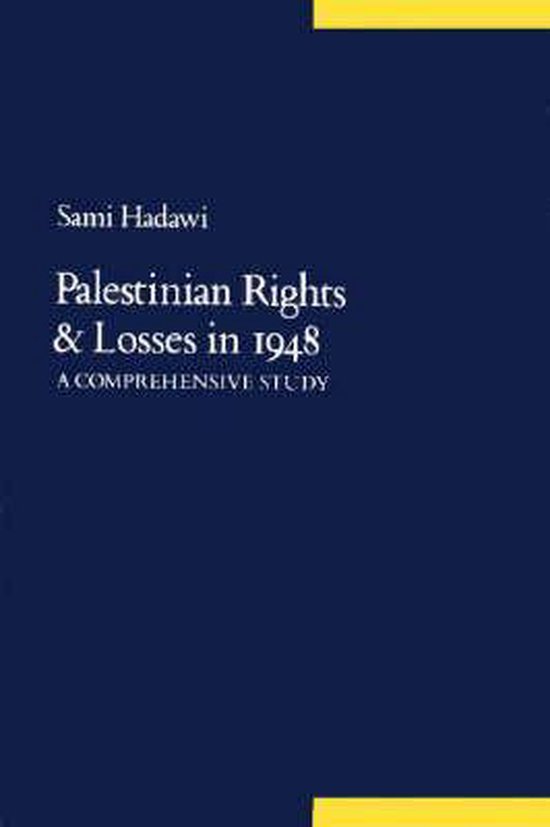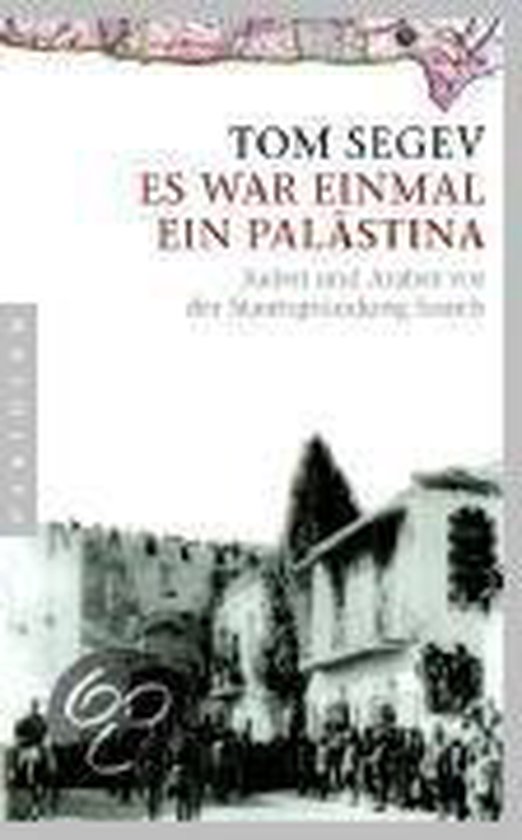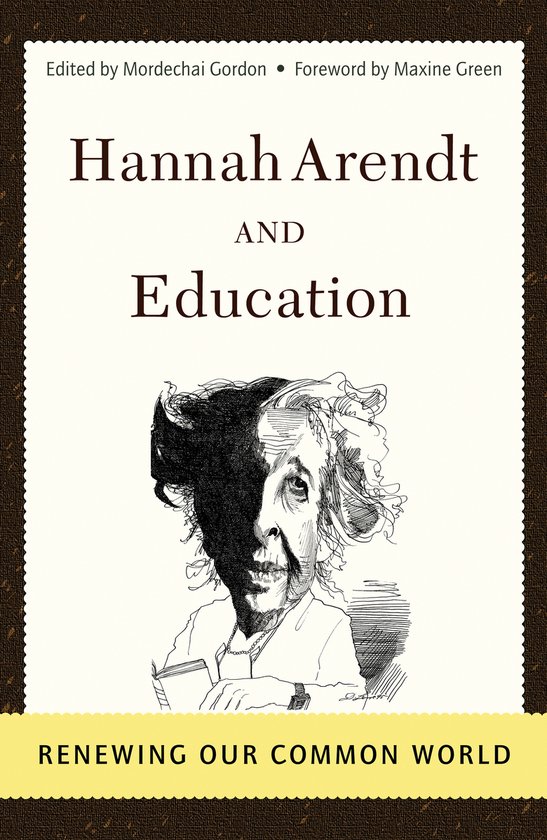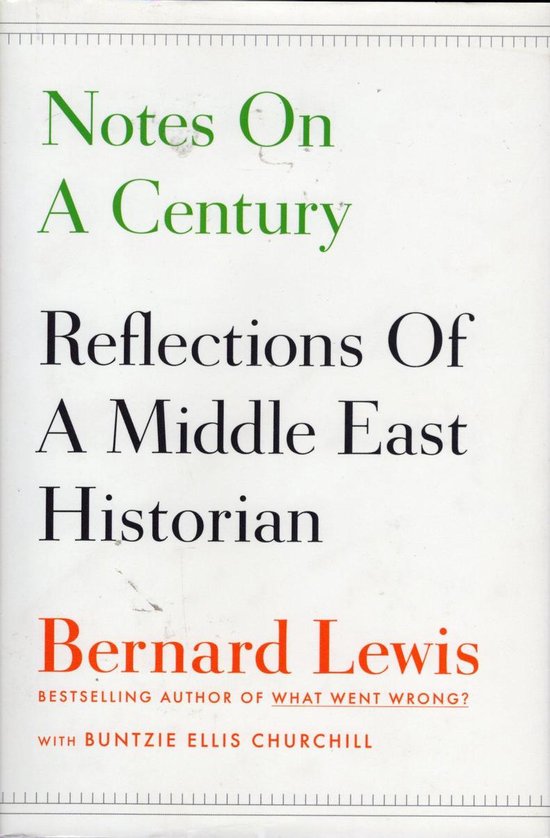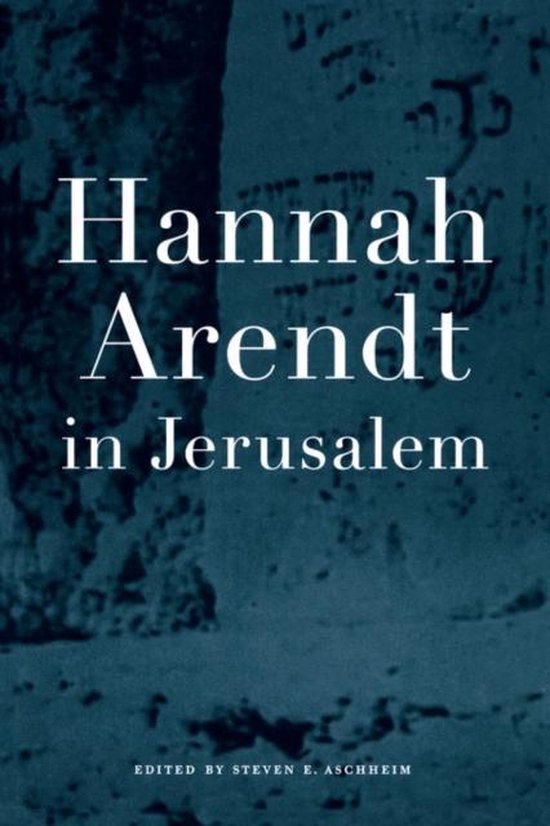
Hannah Arendt in Jerusalem
Examines the aspects of Hannah Arendt's life and thought including: her complex identity as a German Jew; her commitment to and critique of Zionism and the state of Israel; her works on "totalitarianism", Nazism, and the Eichmann trial; and, her intimate and tense connections to German culture.
"It is impressive to see an edited collection in which such a high intellectual standard is maintained throughout... I learned things from almost every one of these chapters."—Craig Calhoun, author of Critical Social Theory
For many years Hannah Arendt (1906--1975) has been the object of intense debate. After her bitter critiques of Zionism, which seemed to nullify her early involvement with that movement, and her extremely controversial Eichmann in Jerusalem (1963), Arendt became virtually a taboo figure in Israeli and Jewish circles. Challenging the "curse" of her own title, Hannah Arendt in Jerusalem carries the scholarly investigation of this much-discussed writer to the very place where her ideas have been most conspicuously ignored. Sometimes sympathetically, sometimes critically, these distinguished contributors reexamine crucial aspects of Arendt's life and thought: her complex identity as a German Jew; her commitment to and critique of Zionism and the state of Israel; her works on "totalitarianism," Nazism, and the Eichmann trial; her relationship to key twentieth-century intellectuals; her intimate and tense connections to German culture; and her reworkings of political thought and philosophy in the light of the experience of the twentieth century.
"It is impressive to see an edited collection in which such a high intellectual standard is maintained throughout... I learned things from almost every one of these chapters."—Craig Calhoun, author of Critical Social Theory
For many years Hannah Arendt (1906--1975) has been the object of intense debate. After her bitter critiques of Zionism, which seemed to nullify her early involvement with that movement, and her extremely controversial Eichmann in Jerusalem (1963), Arendt became virtually a taboo figure in Israeli and Jewish circles. Challenging the "curse" of her own title, Hannah Arendt in Jerusalem carries the scholarly investigation of this much-discussed writer to the very place where her ideas have been most conspicuously ignored. Sometimes sympathetically, sometimes critically, these distinguished contributors reexamine crucial aspects of Arendt's life and thought: her complex identity as a German Jew; her commitment to and critique of Zionism and the state of Israel; her works on "totalitarianism," Nazism, and the Eichmann trial; her relationship to key twentieth-century intellectuals; her intimate and tense connections to German culture; and her reworkings of political thought and philosophy in the light of the experience of the twentieth century.
| Auteur | | Aschheim, Steven E. |
| Taal | | Engels |
| Type | | Paperback |
| Categorie | | Mens & Maatschappij |

